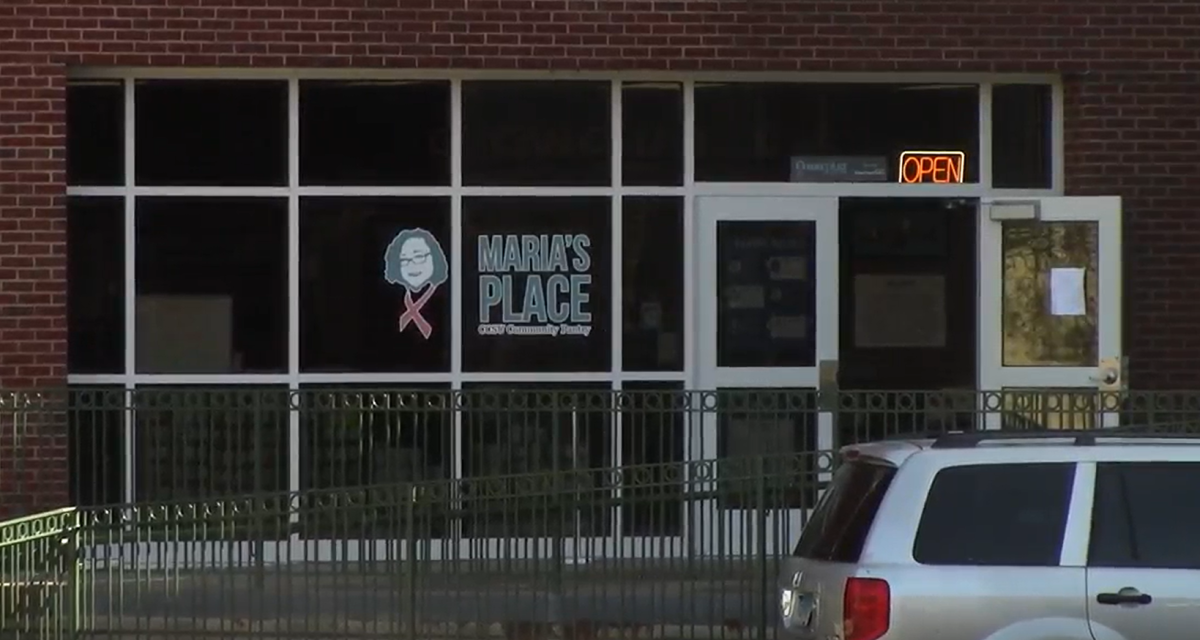By Terence Stewart / Staff Writer
The alleged assault incident involving pop stars Chris Brown and Rihanna has shocked many across the nation, including the couple’s family and friends.
However, relationship experts aren’t surprised and say dating violence is common among young adults, especially college students. In fact, more than 50 percent of college students report emotional, physical or sexual abuse by a previous or current dating partner, according to the National Center for Victims of Crime.
Experts say more students experience dating violence but don’t report it to police or campus public safety officials.
“You seldom find victims reporting dating violence because they’re afraid of the perpetrator, they don’t want to get the abuser in trouble or they blame themselves for what is taking place,” said Jacqueline Cobbina-Boivin, coordinator of Women’s Programs at CCSU. In addition, authorities say some victims don’t report dating violence because they believe it’s not important or could be typical in a relationship. “You see young men engaging in fights with women in popular television shows,” said Cobbina-Boivin.
“Although it’s not defined as dating violence, it is looked at as a normal relationship. Popular music lyrics that portray women as objects and not as human beings also make abusive behavior seem normal.” Advocates say parents, educators, and community leaders are responsible for educating young people about dating violence and healthy, loving relationships. “Love doesn’t hurt,” said Cobbina-Boivin.
“When the abuser starts out by wanting to know where his girlfriend is at every moment, she believes he cares for her so much that he worries if he doesn’t know where she is. But that’s not love. That’s a form of control.” The National Center for Victims of Crime estimates that 39 to 54 percent of dating violence victims remain in physically abusive relationships.
Most victims endure multiple episodes of abuse before they decide to give up on the relationship. Since dating violence can have serious consequences such as depression, suicide and drug abusethe Connecticut Coalition Against Dating Violence says college students should closely examine their relationships to prevent becoming a victim.
According to CCADV, the warning signs that a partner might become abusive include: extreme jealousy, controlling behavior, threats of violence, and he/she isolates his partener from family and friends.
Because dating violence is underreported, experts say family, friends, and educators should also pay attention to red flags. If an individual is afraid of his/her partner, has unexplained bruises, or is constantly criticized by his/her partner, this person might be a victim.
CCSU offers services such as counseling, support groups and medical assistance for victims of dating violence.
Students can contact the Counseling and Wellness Center (860-832-1945), Ruthe Boyea Women’s Center (860-832-1655), or University Health Services (860-832-1925) to receive information on a individual basis. In addition, campus police or the university’s judicial system may provide sanctions for on-campus violations. The national sexual assault hotline is 1-888-999-5544.



